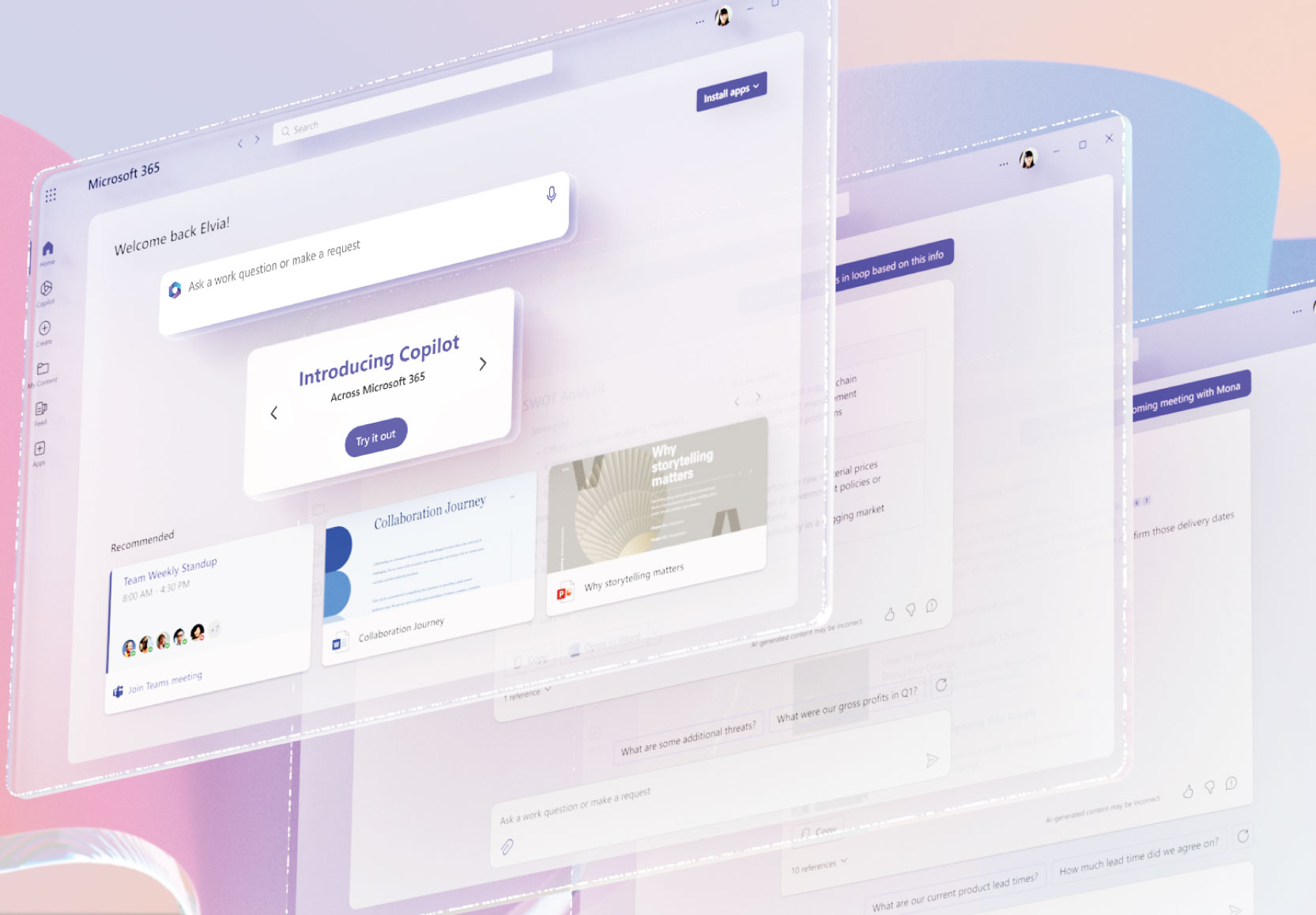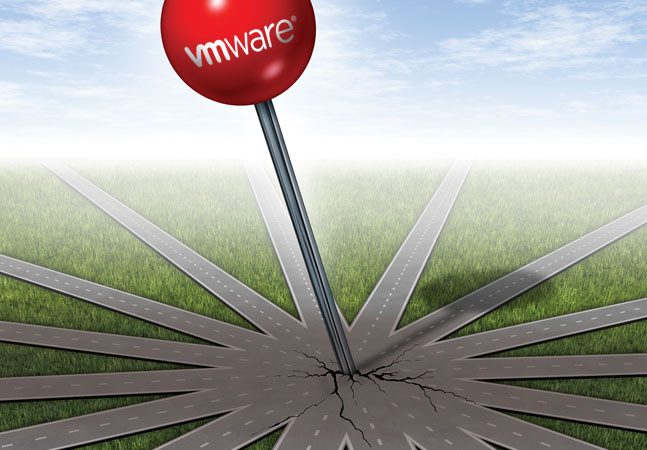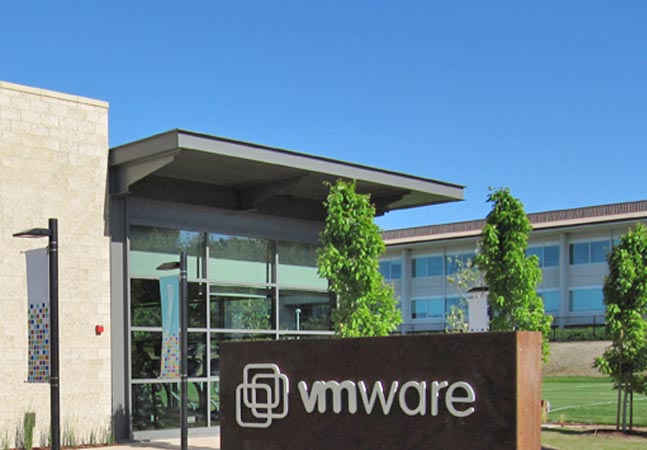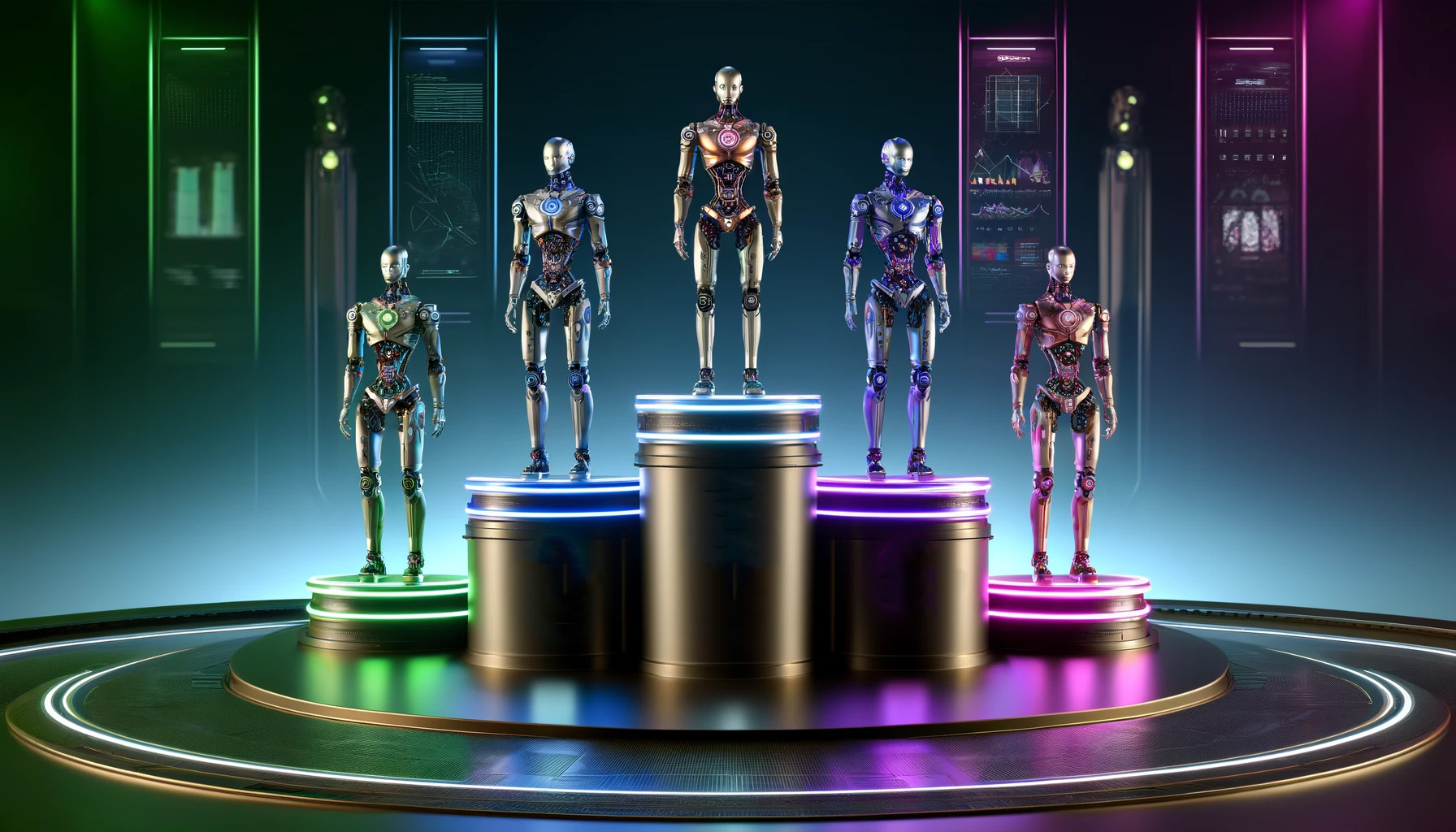
In announcing its fourth annual Work Trend Index report yesterday, Microsoft teased AI features coming up for Microsoft 365, its cloud-based productivity suite.

Microsoft published a 2024 Work Trend Index delving into the "state of AI at work," finding that many employees are increasingly hungry for AI tools and won't wait for their employers to provide them.

New Gartner research on providers of cloud AI developer services shows the usual cast of characters leading the pack.

During this week's RSA Conference, the CSA announced new guidance for organizations to successfully implement AI, with recommendations focusing on security and compliance.

"We are acting quickly to correct this misinformation because, as Winston Churchill correctly said, 'A lie gets halfway around the world before the truth has a chance to get its pants on.' "

Earlier predictions of a decline in ransomware attacks have not borne out and organizations in the healthcare sector -- where sensitive data abounds -- are being hit particularly hard, according to a new report from Zero Trust data security specialist Rubrik.

Two new survey-based reports from a cloud giant and a research firm each list trends for Data and AI/analytics in 2024, finding some commonalities such as the democratization of AI, the need for data literacy and more.

So what is possible with small language models, and when should an organization go big or small?

In Meta's recent quarterly earnings reports, CEO Mark Zuckerberg addressed the company's huge investments into the technologies while only mentioning the metaverse in the context of AI. Meta.ai answers your questions about what's going on.

Cloud giants continue to up their AI games, with brand-new developments including a tiny language model suitable for a phone from Microsoft, while Amazon's Bedrock AI service now sports Meta's Llama 3 models and much more.

Broadcom is still dealing with widespread backlash over changes -- many affecting licensing -- made to VMware products after its acquisition of that company, but some critics and users met recent announcements with skepticism and derision.

Like many other industry sectors, healthcare execs see advanced AI as kind of a double-edged sword, being a top priority while also a significant challenge.

Reported high performance of the open model is rare, as the generative AI space has been dominated by proprietary models that typically outperform open-source models,

A new AI/data platform stemming from open source champion Linux Foundation has been launched, yet another effort to "democratize" AI tech.

Qdrant is packaging its open-source vector database tech into its new Hybrid Cloud, a managed service deployable into any environment -- cloud, on-premises or edge -- to boost enterprise AI initiatives.

A new AI report reveals closed-source foundation models outperform their open-source counterparts by a significant margin, thanks to training that can cost up to an estimated $191 million.

Google Cloud announced a new AI-powered coding assistant to challenge Microsoft's original "AI pair programmer," GitHub Copilot.

A new report on the state of AI and security indicates security pros express "cautious optimism" about AI helping them out, while not being too concerned about being replaced by said AI.

Study "found that nearly every organization experiences challenges when implementing artificial intelligence (AI), with the top challenge being issues with data quality."

Cloud security specialist Zscaler says enterprises must both securely enable AI productivity tools and also leverage AI to defend against new AI-driven threats.